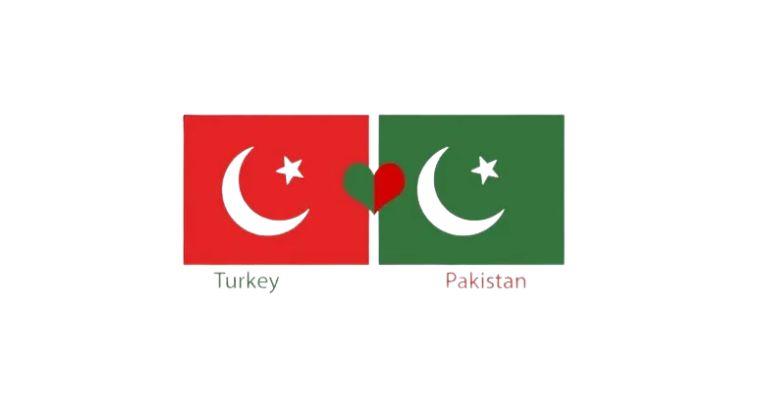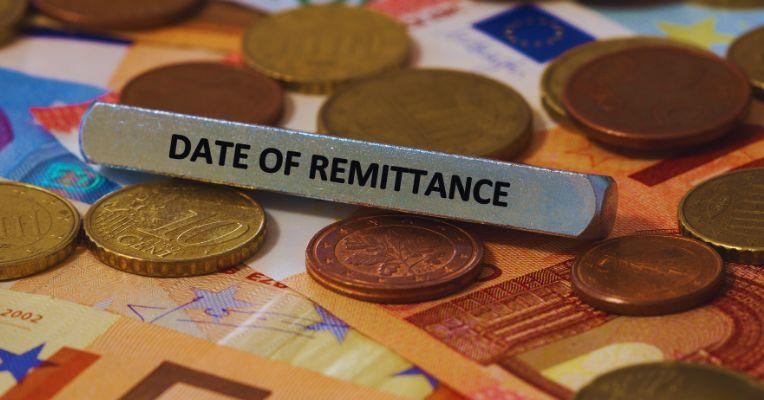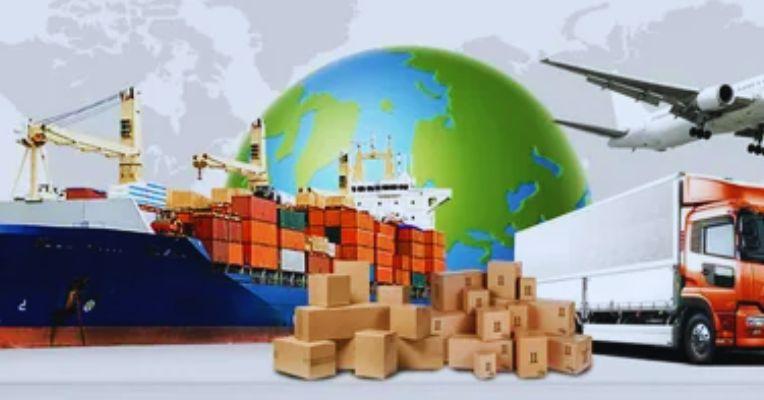Pakistan has the potential to become a $1 trillion economy by 2035 if it achieves a sustainable 7% annual growth rate. This vision was shared by Martin Raiser, the World Bank’s Vice President for South Asia. He stressed that while predicting long-term outcomes is challenging, successful implementation of Pakistan’s economic recovery plan could help the country reach this milestone.
Economic Growth Potential and 7% Target
Martin Raiser emphasized that Pakistan’s economy could grow by 7% annually, which would pave the way for it to become a $1 trillion economy by 2035. However, to achieve this, Pakistan must adopt significant economic reforms and implement effective policy measures.
| Key Factors for Growth | Details |
|---|---|
| Annual Growth Rate | Targeted at 7% |
| Potential Milestone | $1 trillion economy by 2035 |
| Challenges | Achieving sustained 7% growth requires reforms |
The Need for Economic Reforms
Raiser stressed that essential economic reforms are necessary to maintain a 7% growth rate. These reforms include attracting foreign investment, improving trade relations, and strengthening institutional capacities within the country.
| Essential Reforms | Details |
|---|---|
| Foreign Investment | Attract more foreign investments to boost growth |
| Trade Relations | Improve trade partnerships to increase exports |
| Institutional Strengthening | Build stronger institutions for effective governance |
World Bank’s Support: $20 Billion Funding
The World Bank has pledged $20 billion in support to Pakistan over the next decade, contingent upon the country’s ability to implement reforms and demonstrate economic capacity. This funding is part of the World Bank’s broader strategy for Pakistan’s economic development.
| World Bank Support | Details |
|---|---|
| Funding Amount | $20 billion over the next decade |
| Condition for Funding | Dependent on Pakistan’s reform progress |
| Part of Strategy | Funding is part of the Country Partnership Framework for FY26-35 |
Building Consensus for Economic Strategies
As part of the ongoing efforts, Raiser mentioned that he had engaged with various political parties and civil society representatives in Pakistan. This was done to build consensus around economic strategies that would support sustainable growth and long-term stability.
| Key Actions for Consensus | Details |
|---|---|
| Engagement with Political Parties | Ensuring broad support for economic reforms |
| Civil Society Involvement | Encouraging collaboration across sectors |
Six Priority Sectors for Growth
The World Bank has identified six priority sectors to focus on for Pakistan’s economic development. These include clean energy, climate resilience, and reforms aimed at encouraging private sector growth. The funding will support these areas to ensure sustainable job creation and economic growth.
| Priority Sectors | Details |
|---|---|
| Clean Energy | Investments in renewable energy sources |
| Climate Resilience | Enhancing infrastructure to tackle climate change |
| Private Sector Growth | Encouraging investment in key sectors |
Private Sector Focus
The World Bank is prioritizing investments in sectors critical for Pakistan’s long-term growth, such as energy, agriculture, water, manufacturing, and digital infrastructure. Attracting private sector investments in these areas is essential for driving sustainable economic growth and job creation.
| Private Sector Areas | Details |
|---|---|
| Energy | Investment in clean and renewable energy sources |
| Agriculture | Boost agricultural productivity and innovation |
| Water Management | Improve water usage and distribution systems |
Current Financial Support
Currently, the World Bank has committed $17 billion to 106 ongoing projects in Pakistan. The country is also receiving support from the International Monetary Fund (IMF), with a $7 billion bailout program in place. This external financial assistance is vital for stabilizing the economy and securing long-term growth.
| Ongoing Financial Support | Details |
|---|---|
| World Bank Projects | $17 billion for 106 ongoing projects |
| IMF Support | $7 billion bailout program |
Summary
Pakistan’s goal of becoming a $1 trillion economy by 2035 is achievable with the right mix of reforms and investment. The World Bank’s support and the country’s ongoing efforts to implement economic reforms, including enhancing trade, improving foreign investments, and focusing on key growth sectors, will play a vital role in this journey. However, for this vision to come to life, Pakistan must continue to work on strengthening its institutions and building consensus for long-term economic strategies.





